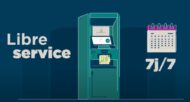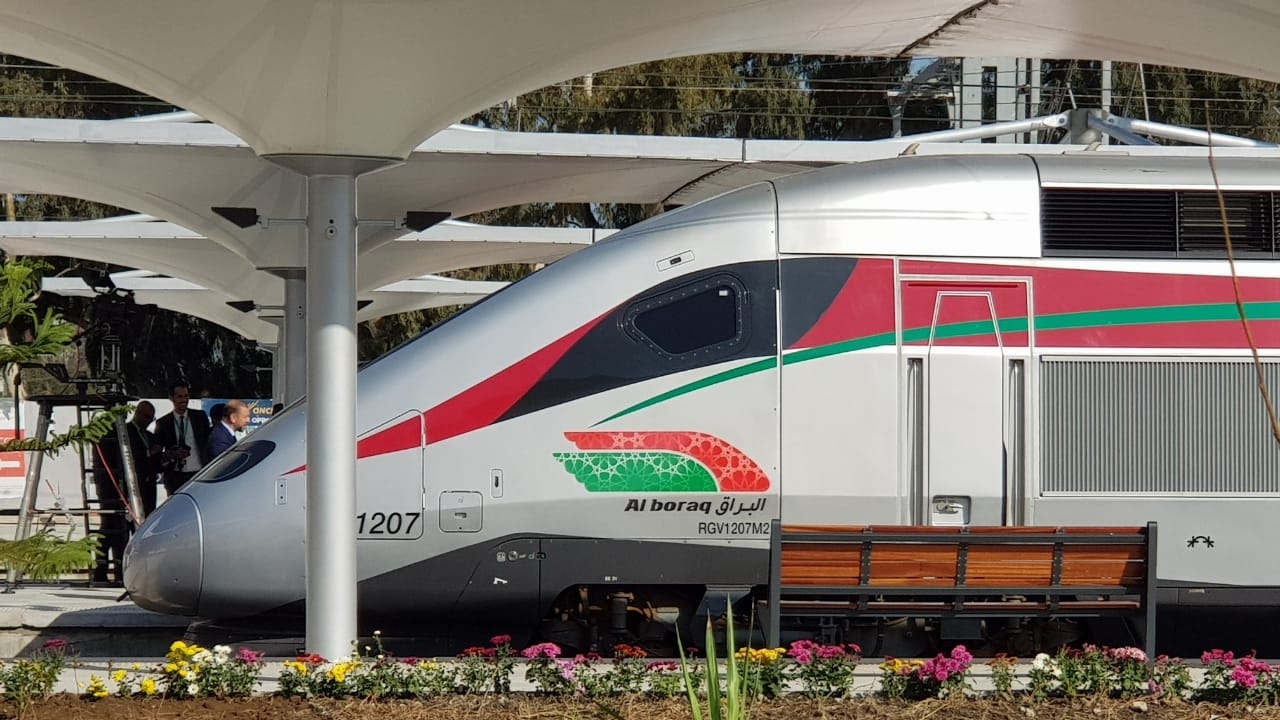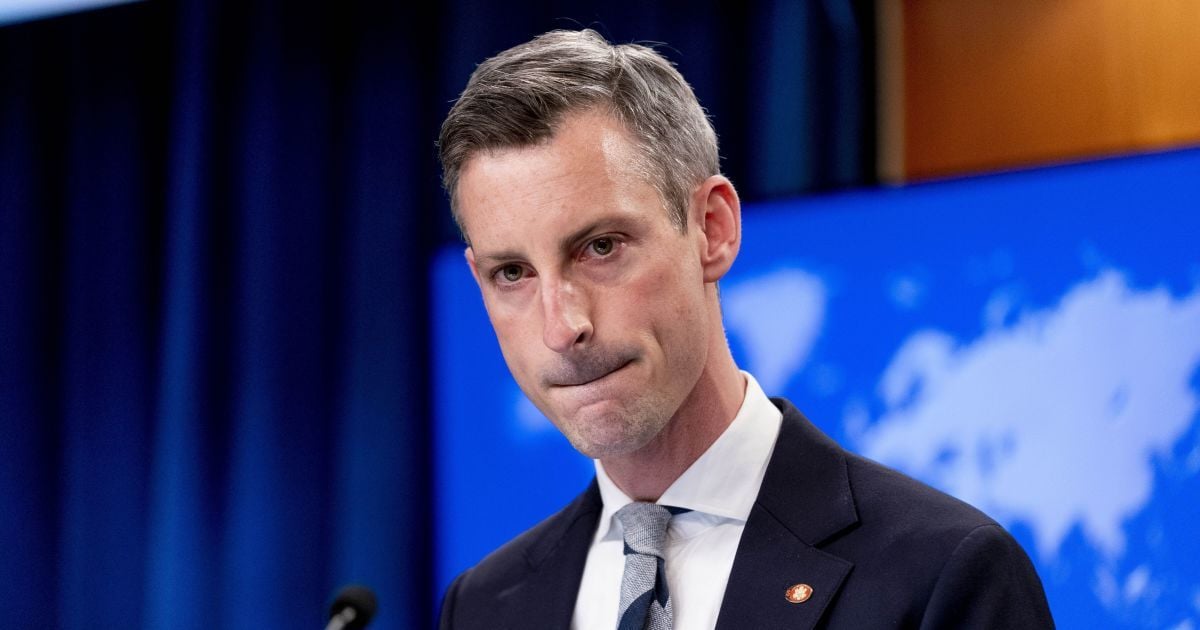The National Railways Office (ONCF) aspires to reach 5 million passengers on the high-speed train line (LGV) by 2023, said in Marrakech, the director general of this national public establishment in charge of operation. of the railway network, Mohamed Rabie Khlie.
“All the performances recorded by “Al Boraq” and all the commercial and financial indicators, in addition to the customer satisfaction rate (CSAT) reflect the relevance of the strategic choice of our country in terms of the deployment of the LGV”, noted Mr. Khlie in an interview granted to M24, MAP’s continuous news television channel, on the sidelines of the 11th edition of the World Congress of the International Union of Railways (UIC) on high speed, held under the theme “High Speed Rail: the right speed for our planet”.
Addressing the indicators and performances recorded by “Al Boraq”, he indicated that the number of travelers using the LGV increased from 3 million in 2019, the year of its entry into service, to 4,200,000 travelers in 2022, indicating that the ‘ONCF has developed several investment programs in the sector, whether at the level of the ordinary rail network or the LGV, which arouses admiration given its cost, its implementation and its positive repercussions at all levels.
The financial indicators of “Al Boraq” show that the profits of the LGV cover all operating costs and leave a margin to repay the debts of other trains, he pointed out, noting that the profits of the LGV is able to bear the cost of the system for rails and signalling.
In this context, he stressed that the LGV project in Morocco has become “a school” given the mobilization of stakeholders to guarantee its success, noting that this project has also become an inspiring model at the level of structuring projects. in comparison with other countries.
“The success of this project has prompted us, to reflect with the supervisory authorities, to move forward in the process of modernizing the LGV system to extend it to Marrakech and Agadir”, he noted, indicating that ONCF is in the process of carrying out detailed studies which will be followed by the phase of the acquisition of land for the construction of these LGVs.
ONCF is also working to study the appropriate system for financing the implementation of these projects aimed at extending high-speed lines, he added, noting that in parallel with all these projects, ONCF and the supervisory authorities, are considering freeing up capacity on ordinary railway lines in several cities such as Rabat, Casablanca and Kenitra.
In this sense, Mr. Khlie indicated that the objective is to carry out “local trains” at a sustained rate with the aim of resolving certain problems relating to sustainable mobility and traffic jams through the adoption of eco-friendly transport, following the guidelines adopted by all countries in the world.
Moreover, given the ecological constraints facing the world at present, he noted that the current global trend is leaning towards solutions integrating environmental dimensions, stressing that the deployment of trains remains an efficient solution for sustainable mobility. , citing in this regard “Al Boraq”, which consumes 100% green clean energy.
In this context, he indicated that the ONCF currently consumes 25% clean energy in its train fleet and by 2023, this clean energy consumption rate will reach 50% for the whole of the fleet, and 100% in 2024, noting that these rates reflect ONCF’s concern for better implementation of the decarbonization strategy, while working to develop rail transport through the development of policies leading essentially to reducing CO2 emissions.
In this context, he considered that the ONCF is moving towards the modernization of rail transport while integrating the ecological dimensions according to a futuristic and proactive approach, noting that the energy transition represents a strategic choice for the Kingdom while all the ambitions fixed in terms of renewable energies have been revised upwards to exceed the current objective of 52% of the national electricity mix before the year 2030.
The railway sector is in a position to play an important and effective role in this field in the sense that it will contribute to honoring the commitments of the Kingdom in the field of renewable energies, he added.
In accordance with the vision of His Majesty King Mohammed VI, who pays particular attention to the issue of environmental protection, ONCF is working to implement the objectives and purposes of this Royal Vision according to a specific timetable. , he insisted on recalling, noting that digitalization and clean energies, which have very close links, represent strategic choices for all sectors, given their role in improving services to users and their benefits. in terms of cost reduction.
These are issues and concerns common to all establishments, public or private, given that improving the competitiveness of establishments remains dependent on the integration of digitalization, which represents a strategic choice for ONCF, – he concluded.
LNT with Map
For further


